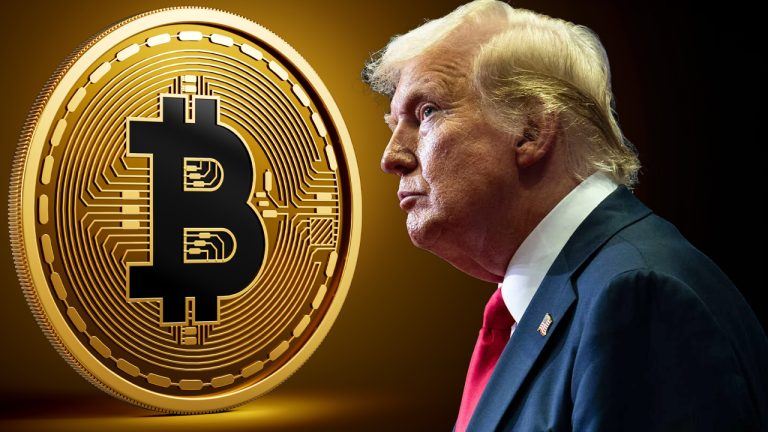
China is studying crypto as an investment tool, says PBoC deputy governor

The central bank official said stablecoins issued by private companies may require “stronger regulatory rules” than Bitcoin.
Li Bo, recently appointed deputy governor of the People’s Bank of China, or PBoC, reportedly spoke on the benefits of crypto as an investment tool while highlighting regulatory uncertainty in the country surrounding digital assets.
According to Chinese journalist Colin Wu, Li made the comments at the Boao Forum in southern China on Sunday. The PBoC head said there are still regulatory risks for the central bank, citing its previous ban on initial coin offerings and cryptocurrency exchanges. Li reportedly said the PBoC will “continue to maintain the current measures and practices” as it explores any potential change in regulation, but seemed to recognize the investment potential of crypto.
“We believe that Bitcoin and stablecoins are encrypted assets,” said Li. “Encrypted assets are an investment option, not currency itself. It is an alternative investment, not currency itself. Therefore, we believe that crypto assets should play a major role in the future, either as an investment tool or as an alternative investment.”
The PBoC deputy governor added that stablecoins issued by private companies may require “stronger regulatory rules” than Bitcoin (BTC), saying:
“In the future, if any stablecoin hopes to become a widely used payment tool, it must be subject to strict supervision, just like banks or quasi-bank financial institutions are subject to strict supervision.”
Li, one of seven deputies to PBoC governor Yi Gang and former vice mayor of the Chinese municipality of Chongqing, is seemingly taking a stronger position for the central bank to recognize crypto as a store of value. His appointment as deputy governor was announced last week.
His comments come alongside former PBoC president Zhou Xiaochua, also in attendance at the Boao Forum, who seemed to make a distinction between the “real economy” and the one in which digital currencies play a role:
“Finance is to serve the real economy. Whether it is digital currency or digital assets, it should be closely integrated with the real economy and serve the real economy.”
China’s central bank is currently moving forward with piloting its digital yuan project first proposed in 2014, now testing the digital currency in major cities across the country. Li added that the PBoC would be “focusing primarily on domestic use” for the digital yuan, saying China may consider cross-border payments and transactions “in the long term.” The country is reportedly planning to put the digital currency into use at the 2022 Winter Olympic Games in Beijing.
Go to Source
Author: Turner Wright









